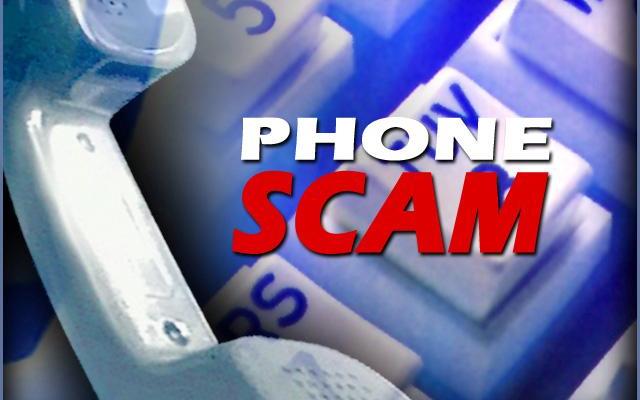[more info click link: FirstEnergyCorp Phone Scams] These descriptions can help you understand how criminals target utility customers.
Power Shut Off Scams
Caller or visitor demands immediate payment
AKA: Pre-Paid Debit Card Payment Scam, Green Dot, Money Gram or Western Union scam
In this widespread scam, which frequently targets small businesses, a telephone caller poses as an electric utility company employee. The caller threatens to shut off the customer’s power unless an immediate payment is made. In many cases, the customer is told to use a pre-paid debit card, such as a Green Dot/MoneyPak card, or a money transfer service like Money Gram or Western Union.
In at least one case, the victim was directed to pay in person at a physical location. In some cases individuals posing as utility workers have also appeared on site, threatening to shut off the power.
The facts:
- If your account is past due, you will receive a written notice of your account status, with instructions on how to avoid disconnection of service.
- First Energy Corp representative may call a customer whose bill is in arrears in order to remind them that a payment is due, the representative would explain how a payment can be made. They will not demand payment over the phone, in person, or at a particular physical location.
- First Energy Corp utilities do not accept prepaid debit cards or wire transfers as payment, and our representatives will not demand your bank information or credit card number over the phone.
What should you do:
- If you receive a suspicious call, hang up immediately.
- Be aware that scammers often use Caller ID spoofing software to misrepresent the source of a phone call, or provide you with a fake “verification” phone number. These call-back numbers may even include exact replicas of company greetings and hold messaging. If you would like to verify your account status, always call First Energy Corp.
- If a person appears at your door demanding payment, do not allow them into your home, and do not provide them any personal information.
- If you believe you have been a victim of this scam, please contact your local police department or your state attorney general’s office.
- If you have purchased a Green Dot card to pay your electric bill and would like to request a refund from Green Dot/MoneyPak, visit www.moneypak.com/refundrequest.aspx.*
HOW THEY HOOK YOU
Scammers use exaggerated — or even fake — prizes, products or services as bait. Some may call you, but others will use mail, texts, or ads to get you to call them for more details. Here are a few examples of “offers” you might get:
- Travel Packages. “Free” or “low cost” vacations can end up costing a bundle in hidden costs. Some of these vacations never take place, even after you’ve paid.
- Credit and loans. Advance fee loans, payday loans, credit card protection,and offers to lower your credit card interest rates are very popular schemes, especially during a down economy.
- Sham or exaggerated business and investment opportunities. Promoters of these have made millions of dollars. Scammers rely on the fact that business and investing can be complicated and that most people don’t research the investment.
- Charitable causes. Urgent requests for recent disaster relief efforts are especially common on the phone.
- High-stakes foreign lotteries. These pitches are against the law, which prohibits the cross-border sale or purchase of lottery tickets by phone or mail. What’s more, you may never see a ticket.
- Extended car warranties. Scammers find out what kind of car you drive, and when you bought it so they can urge you to buy overpriced — or worthless — plans.
- “Free” trial offers. Some companies use free trials to sign you up for products — sometimes lots of products — which can cost you lots of money because they bill you every month until you can

